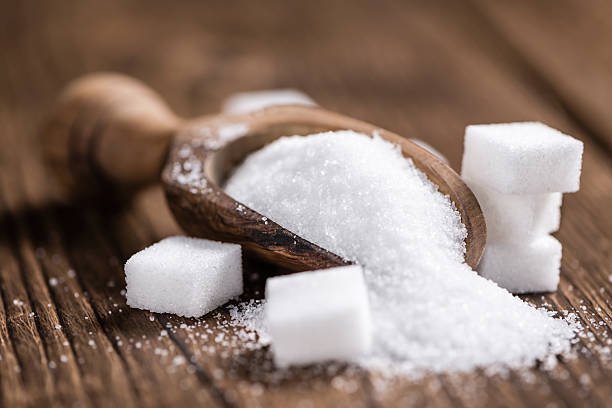Monday, 23 February 2026

The All India Sugar Trade Association (AISTA) has urged the government to reform the sugar export quota system by granting allocations only to mills capable of shipping directly from their own facilities. The current allocation process, based largely on past production, enables mills in remote areas or those not engaged in exports to sell their quotas to other players, often leaving part of the allotted quantity unshipped. This leads to higher domestic sugar stocks and weaker mill profitability.
For the 2024–25 marketing year, the government authorised shipments of 10 lakh tonnes, announced on January 20, 2025. Between October 2024 and August 8, 2025, India exported 6.44 lakh tonnes of sugar, with Somalia emerging as the top buyer at 1.26 lakh tonnes.
AISTA has also raised concerns over the 50 per cent export duty on ethanol imposed in January 2024. The association observed that ethanol from C-heavy molasses contributes less than 2 per cent to India’s ethanol blending programme, and the restrictions have added pressure on mills without distilleries, which face challenges in selling molasses and securing funds to pay sugarcane farmers on time.
The association believes that a more targeted quota allocation focused on mills prepared for direct exports would streamline shipments, reduce excess stocks, and strengthen the sector’s financial health.